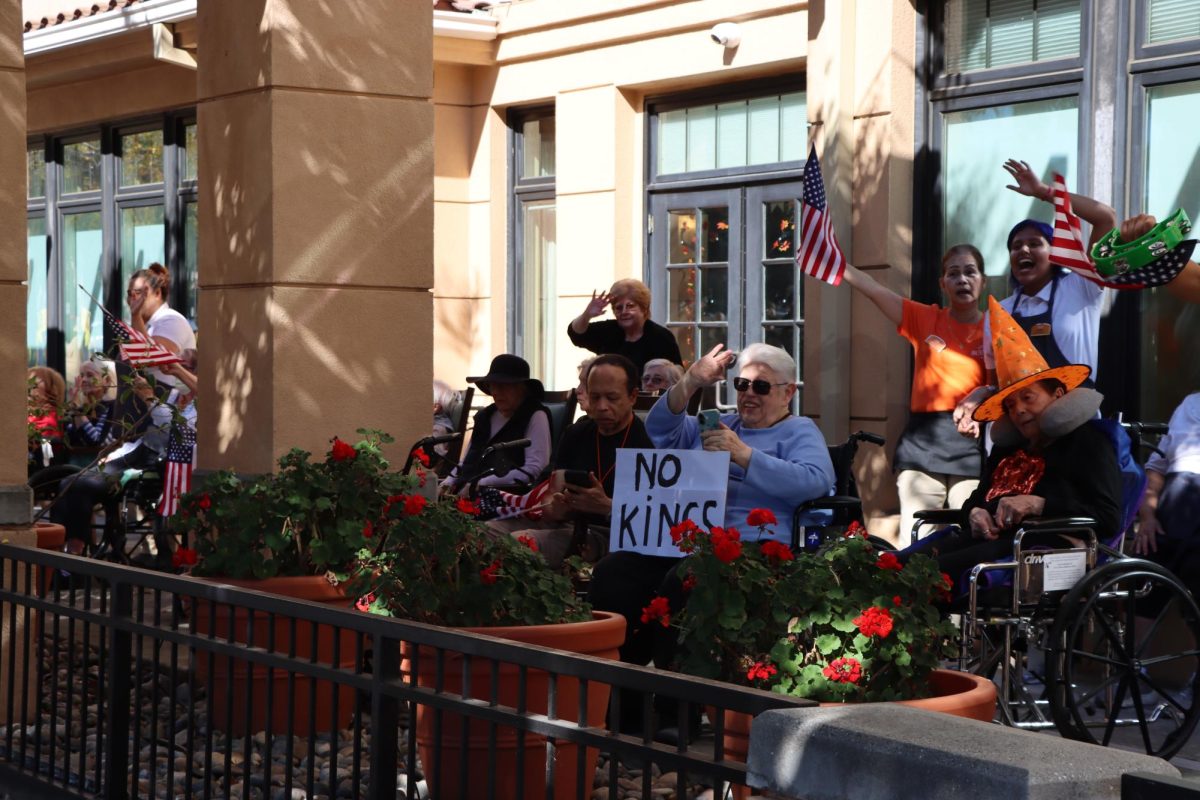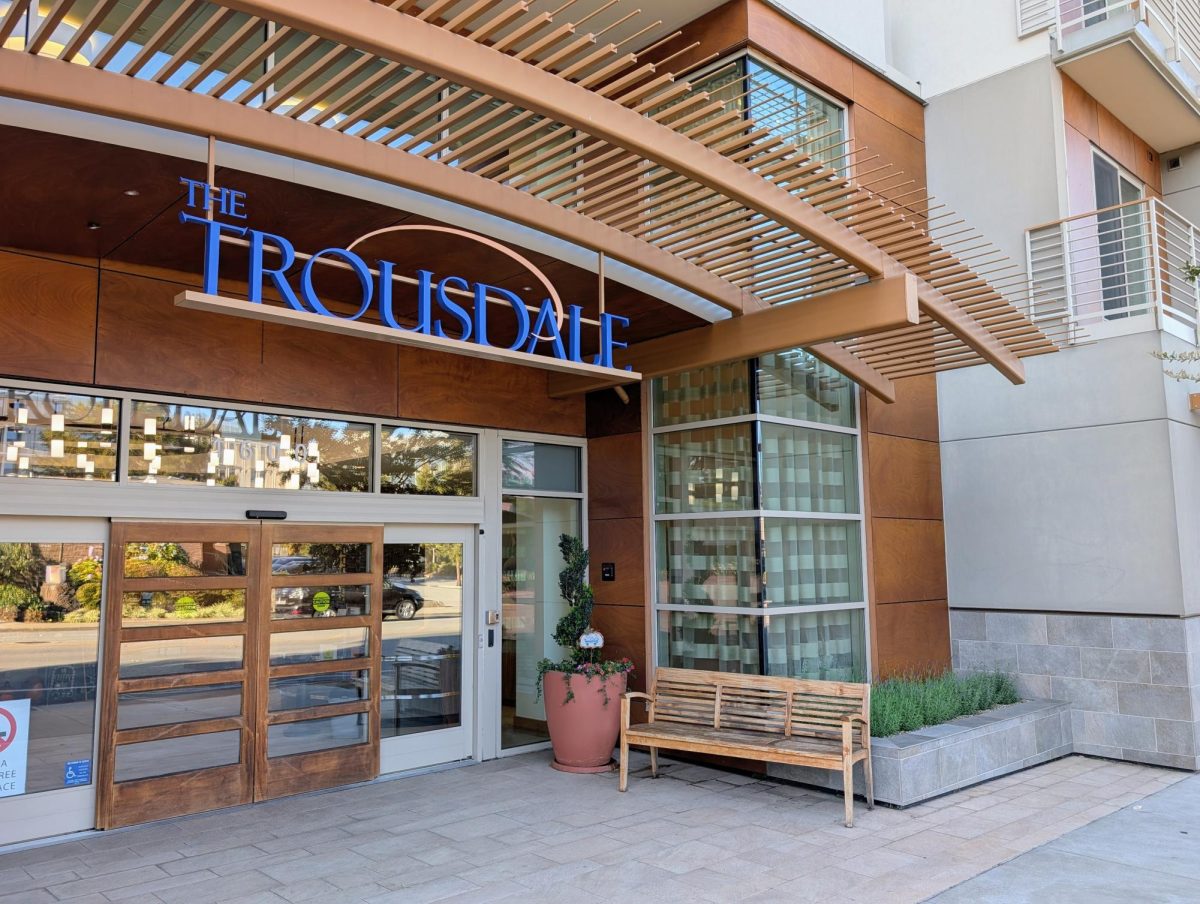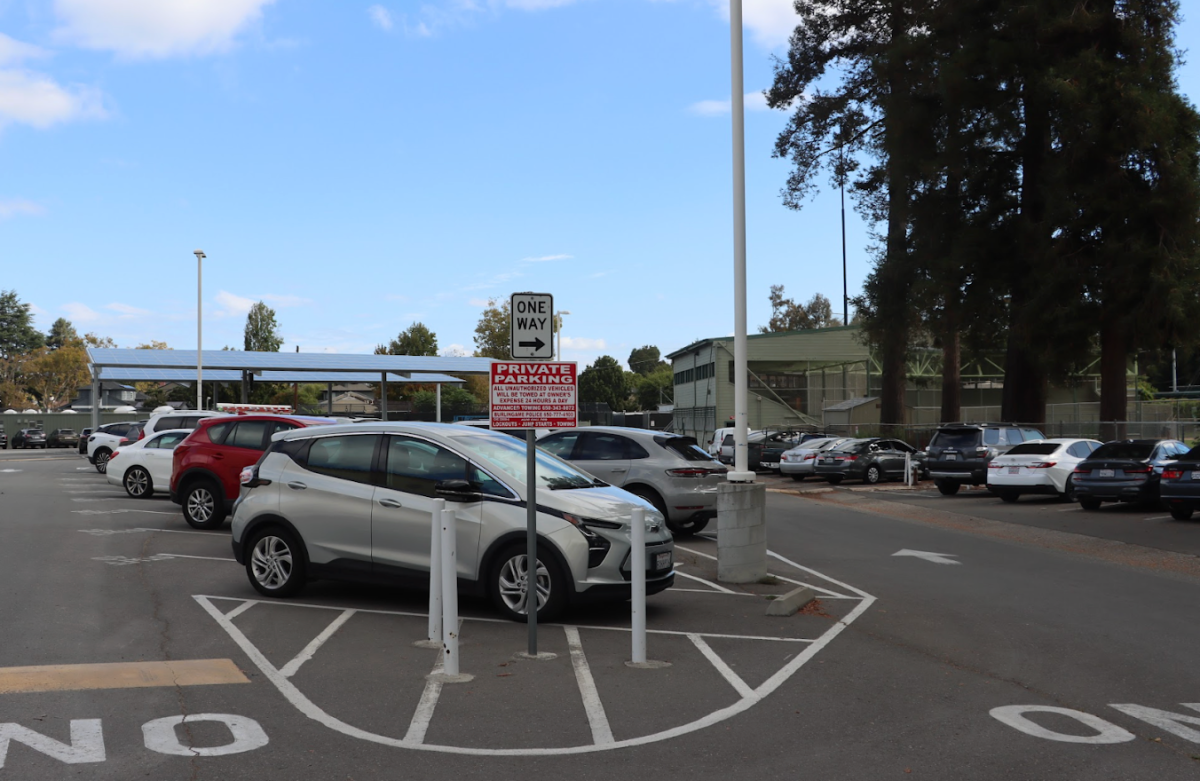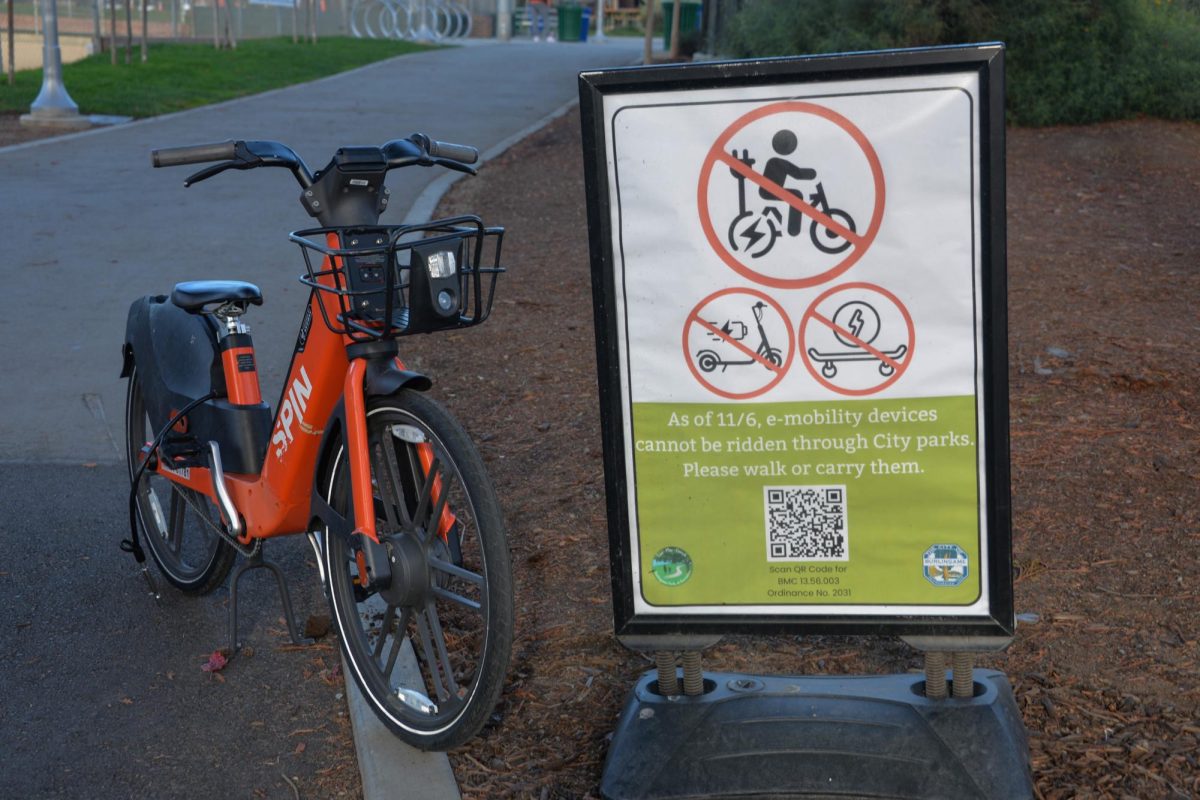On Nov. 6, City Ordinance No. 2031 went into effect, prohibiting the usage of electric bikes, scooters, skateboards, and other e-mobility devices in all city parks and recreation areas. The ordinance will add Chapter 13.56, “Electric Micromobility Devices,” into the Burlingame Municipal Code, marking the city’s first-ever regulation on e-mobility.
While the ordinance is already active, the Burlingame Police Department (BPD) said they are currently prioritizing education over monetary enforcement during its initial implementation phase.
“Typically, we’re contacting individuals on e-bikes and just providing [them] education of the new city ordinance,” BPD Investigations Division Lt. David Perna said. “Once we feel the word is sufficiently out, if riders continue to violate the ordinance, they could be issued a citation similar to a traffic citation.”
The ordinance, originally proposed by the Parks and Recreation Department, arose from safety concerns tied to e-bikes’ capacity for high speeds. These concerns prompted action by the Burlingame City Council.
“Not that all e-bike riders do this, but if someone’s speeding through the park on an e-bike, it could be sort of menacing to someone with small children, or to an older person, or just to anyone who’s trying to walk and enjoy the park,” Perna said.
Sustainability Program Manager Sigalle Michael thinks the city ordinance will help make parks safer.
“I think it’ll be a positive impact, [make] people feel safe, and also [e-bikes] should be ridden, on streets or [in] bike lanes and not in parks anyway, so I don’t think it’ll really have any disadvantages or limit people,” Michael said.
Sophomore Nate Longaker, who rides his e-bike to school every day, said the city ordinance will not significantly affect his usage of e-bikes or transportation routes.
“[The ordinance] doesn’t really change it that much just because I ride mostly on the street, and I’m not riding through parks. I can see some people doing that, but it’s better [to ride on the street],” Longaker said. “I’ve done it once or twice just because it gets me to my destination faster.”
Although this ordinance may not significantly impact students like Longaker, Perna emphasized the importance of educating the public on previous laws regarding helmet usage, limited riding in business districts, double riding, and road rules for bicycles, skateboards, and scooters in general.
“We just need to make sure that the general public is made aware and is educated on the laws that we currently have, and then we can enforce them accordingly,” Perna said. “I think again the key is education so [schools] could send out information to parents, give handouts or emails to all of the students and the parents.”
Longaker said riders should take responsibility for understanding the laws, but feels more outreach would help students stay informed on changes to city ordinances.
“I think that some posters around the school informing people about the laws and how they’re changing would help a lot, especially since as students, we don’t really pay attention to new laws and stuff,” Longaker said. “I feel like it’s the riders’ responsibility to actually know the laws, especially since with e-bikes you’re going at 25 miles per hour, you [have] got to be aware.”
Because e-bikes are a relatively new mode of transportation, the city is still working on developing new laws and regulations while also incorporating community feedback.
“I think the importance of this is that we’re trying to react to complaints,” Michael said. “People speak up, and we [the city] try and react. It shows that people can make a difference. If there’s something in the community that could be unsafe, [it’s important] that we’re reactive.”




































